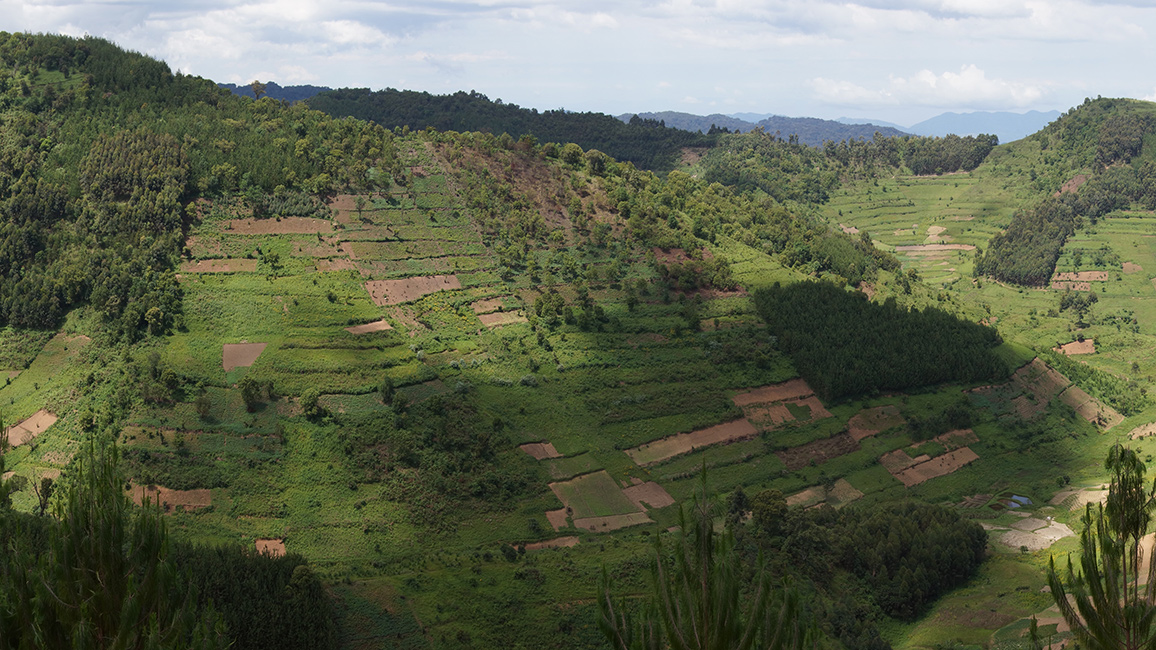"Sustainability" has different meanings in different regions of the world. Africa is an integral part of this scientific debate, both as subject and object. The aim of Diawara's analysis is to highlight the great differences between neighbouring European countries such as Germany and France and then to show the gap that exists between Africa and the West on environmental issues. The question of the differences that separate the United States, the birthplace of the sustainability discourse, from other nations also remains to be answered.
"The notion of sustainability, created in the USA, reflects a picture that is as shimmering as it is heterogeneous. As politicians everywhere propagate this slogan, it is important to know how ordinary people appropriate the vocabulary in question in their everyday language. That is, how is it translated and given its meaning at a local level? Secondly, how were these questions experienced locally, that is, before politicians and the media took hold of them? Therein lies the real potential which goes beyond a simple exercise of translating into our languages what is taking place elsewhere," explains Diawara, director of Point Sud, Bamako, Mali. "Reflecting on these issues in an African context and at the same time relating them to other worlds also gives us the opportunity to discuss the production of knowledge," emphasizes Diawara, who teaches anthropology at the Goethe University in Frankfurt. His research focuses on sub-Saharan Africa, development anthropology, globalization, migration and African history. He is also one of the partners of the Merian Institute for Advanced Studies in Africa (MIASA) at the University of Ghana.
Merian Institute for Advanced Studies in Africa (MIASA): "Sustainable Governance"
The vision of MIASA is to reduce the asymmetries in global knowledge production and aims to be a hub for collaborative research across disciplines, career stages, linguistic and scholarly traditions and promote the production of African scholarly work. MIASA is a partnership between the University of Ghana and a consortium of German universities, i.e. University of Freiburg, Goethe University of Frankfurt, GIGA Hamburg, the German Historical Institute and Paris, funded by the German Ministry of Education and Research and the University of Ghana.
The MIASA is dedicated to the topic of "Sustainable Governance". The focus on sustainable governance responds to the requirement of the Merian Centre to focus on key issues bearing on the future of the African continent by engaging in a search for sustainable solutions in the three important areas of sustainability, democracy and conflict prevention and resolution. "The guiding question here bears on how the practice of social sciences in Africa can address sustainable governance as a theoretical and conceptual challenge likely to yield sustainable answers to problems of democracy, environment and conflict prevention," says Diawara, "Initiated in Africa, such a conversation could be continued in each of the mentioned regions, for example in other Institutes of Advanced Studies around the world. Let us therefore open the debate in the framework of the Maria Sybilla Merian Institute for Advanced Studies in Africa (MIASA) among specialists of these regions, but also among activists, civil society and politicians who are to be invited in the framework of the Institute”.
"Collaborative research is more than welcome in the field and in laboratories," underlines Diawara in his forthcoming analysis, "research with a new quality that is based on the principles of incompleteness and conviviality, both nurturing sources of any science that wants to be sustainable. This is what an Institute of Advanced Studies, nascent on the continent, is calling for. It is from this place and with these voices that we now ask such pertinent and difficult questions: "Which sustainability? Whose sustainability? Who sets the standard?"
Prof. Dr. Mamadou Diawara, Director of Point Sud, Bamako, Mali, teaches anthropology at the Goethe University in Frankfurt. His research focuses on sub-Saharan Africa, development anthropology, globalization and African history. For Mali in particular, he has examined the topics of local knowledge, "oral history", innovation in popular culture, mobility and migration, decentralization and power structures.


